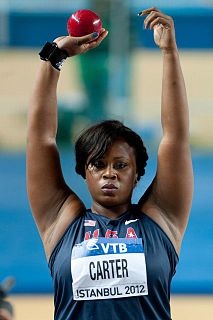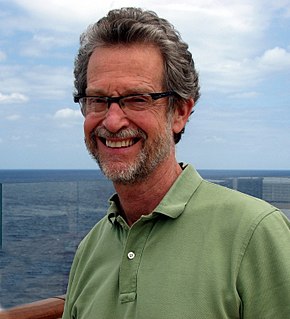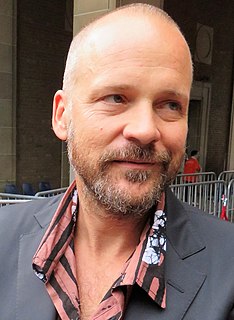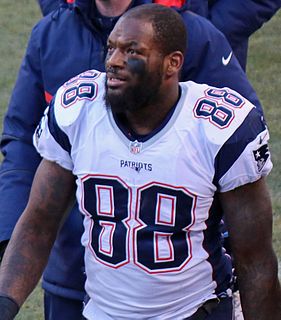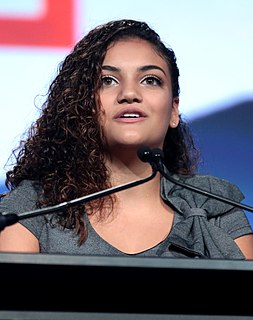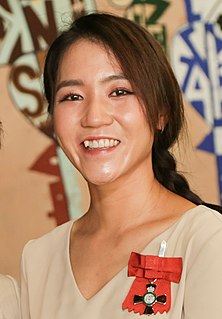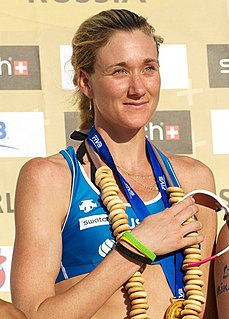A Quote by Michelle Carter
At my first Olympics, I didn't have a contract, and I wasn't making any money. After my first Olympics, I was working at 24 Hour Fitness at the front desk. I would go to practice in the morning, run home, shower, grab some food and then go straight to work. I didn't get off of work until 10 or 11 o'clock at night.
Related Quotes
People are most shocked and most in disbelief that I go to the office every day. I have a job. When I'm not acting on a movie, I go to work, first thing in the morning. I'm at work at 8 o'clock in the morning, and I get home from work at 7 o'clock at night. I treat my job like a job, and I work at it. I think people would probably be most surprised, if I ever calculated up the number of hours I work on an average week and published that. If it was ever documented, I think people would be shocked to find out.
Four hours of makeup, and then an hour to take it off. It's tiring. I go in, I get picked up at two-thirty in the morning, I get there at three. I wait four hours, go through it, ready to work at seven, work all day long for twelve hours, and get it taken off for an hours, go home and go to sleep, and do the same thing again.
I'm a morning person because I learned to write my novels while still practicing law. I would get to the office at 6:30 a.m. and write until other people arrived, around 9. Now I still do that. I start at 6:30 or 7, and I'll write until 11, then take an hour off, then work until about 2 p.m. By then my brain has had enough.
I think educating myself has been huge. I feel like the way it's presented in the media is that if you got to Brazil you're flipping a coin on your health. I don't think it has to be that way. If I were wanting to have a baby right after the Olympics I would take precautions, and then when the Olympics were over I would get tested to make sure I didn't have the virus in me, and then I'd go for it.
